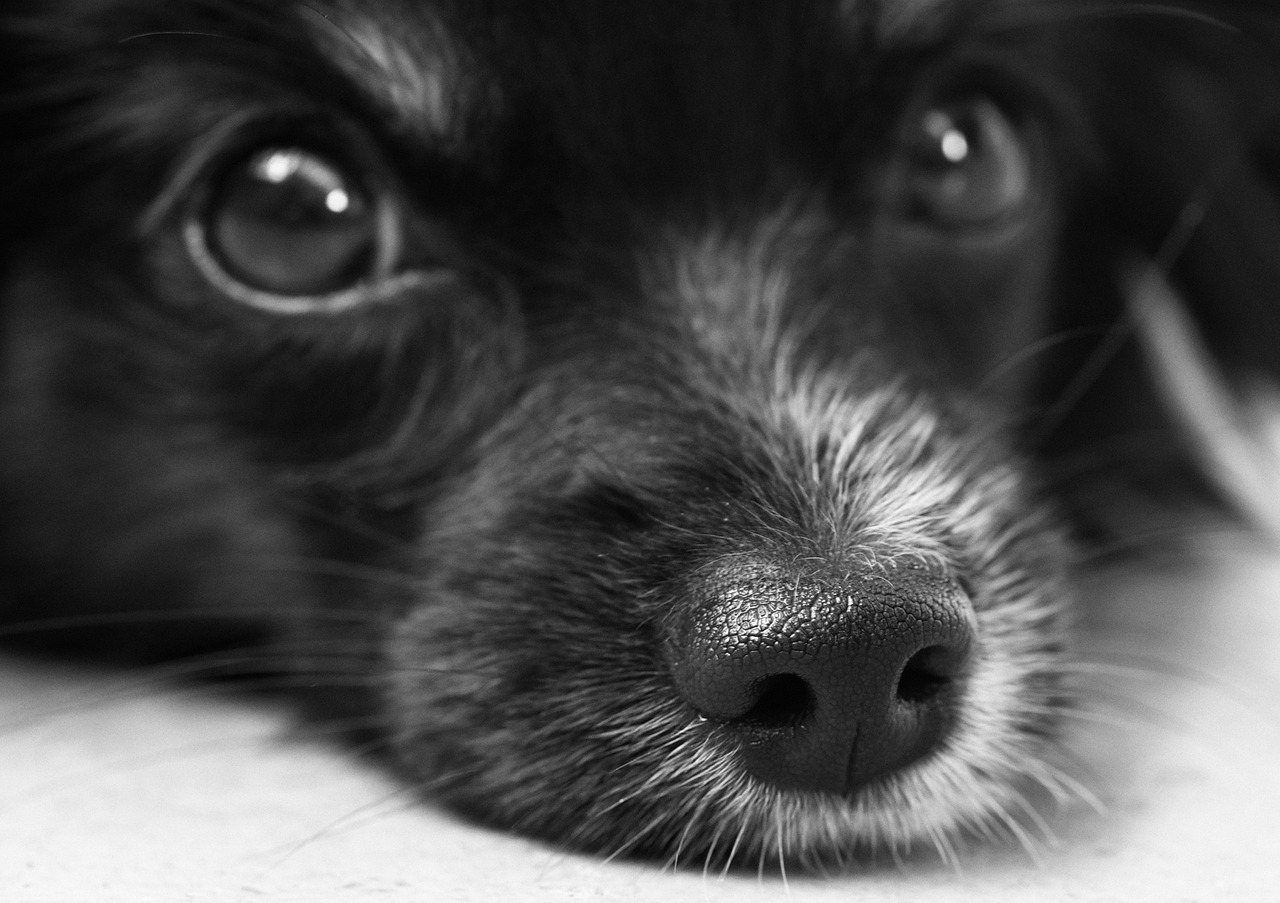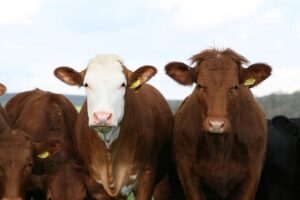An 18 month old dog presented to our one of our clinics with vomiting, diarrhoea and lethargy. After examining the dog, the owner and vet discussed whether he could have eaten anything unusual, the answer was no. The vet looked at his vaccination history and saw he had been vaccinated three times as a puppy for parvovirus and twice for leptospirosis, but he had not had his annual booster. Due to his young age, the history from his owner, and his general appearance, we decided to test for parvovirus and he tested positive.
The reason we give three vaccines as a puppy is because the mother’s antibodies that are passed onto the puppy through the milk, wane at different ages in each dog. The three vaccines are to protect the puppy (as best we can!) during this risky time, and, also so that we can give the best chance for the vaccine to work.

We also recommend that you don’t walk in heavily dog populated areas, or socialise with unvaccinated dogs, until ten days after their third parvovirus vaccination (the vaccine must be given time to work properly before expecting good protection).
Most animals will respond well to the 12 or 16 week vaccine, but in rare cases their maternal antibodies may interfere with the vaccine, or their immune response isn’t strong enough. The yearly booster is designed to catch these dogs that are then susceptible and might otherwise be unprotected.
Many dogs can’t fight Parvovirus very well, as their immune system is so weak by the time they display clinical signs, as well as them being severely dehydrated. Infected dogs require hospitalisation on fluids, antibiotics to stave off secondary infections and anti-nausea medication, and many don’t make it, despite the intensive care and supportive treatment.
Our current recommendation for parvovirus vaccinations is; three vaccines as a puppy at eight, 12, and 16 weeks of age, then a booster at 12 months of age, followed by repeat boosters every three years. Leptospirosis requires two vaccines four weeks apart at any age over eight weeks, followed by annual boosters.
Parvo tends to strike in the summer months and we have already had our first cases this season. Now is a great time to check that your pet’s vaccinations are up to date, give us a call or book now. This lucky dog made it, many don’t.
– Supplied by Anexa Vets




